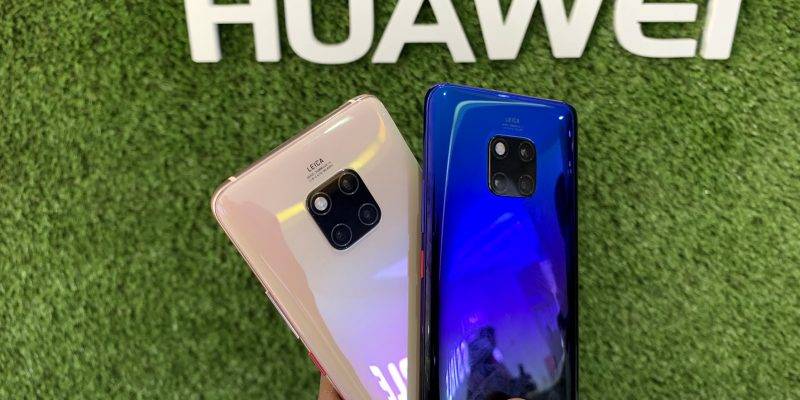After heartbreaking news did its rounds yesterday and on Sunday, the U.S. government has now issued a temporary order that allows Huawei to trade with U.S. companies at least for the next ninety days.
The temporary license, which was issued by the United States Commerce Department, allows Huawei to purchase American-made goods in order to maintain existing Huawei devices and provide software updates to existing Huawei handsets.
This means that Huawei can continue working with Google and offer Android updates for the time being on all their existing phones. The temporary license, however, does not allow Huawei to purchase American goods to manufacture new products without prior approval.
According to U.S. Secretary of Commerce, Wilbur Ross, this three-month directive is meant to give telcos that use Huawei equipment time to make alternative plans. “In short, this license will allow operations to continue for existing Huawei mobile phone users and rural broadband networks,” he said.
The new license is valid until August 19th 2019 but the Commerce Department says it will evaluate possibilities of extending it further.
Huawei is not moved
Huawei, on the other hand, says it is not moved by the temporary reprieve, claiming that they had already made plans in preparation for U.S. ban.
“The U.S. government’s actions at the moment underestimate our capabilities,” said Huawei founder Ren Zhengfei, in an interview with CCTV.
He says that it was up against the U.S. government and not U.S. companies and that it could make its own components that it buys from the U.S., however, would still continue buying said components from their current suppliers.
The U.S. government blacklisted Huawei citing (in an ongoing case) that the company was engaged in fraud to obtain U.S. goods and services in Iran, a country that has trade sanctions from America.
Last year, ZTE had also been under such fire from the U.S. which saw the company almost close shop but was allowed to trade with the U.S. again after paying $1 billion in fine and implementing changes to its board.
So, there’s the possibility that Huawei’s case might end in a similar manner but it also looks like the Chinese manufacturer is willing to flex its muscle and show the U.S. that it can thrive without it.






Comments